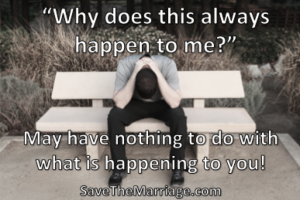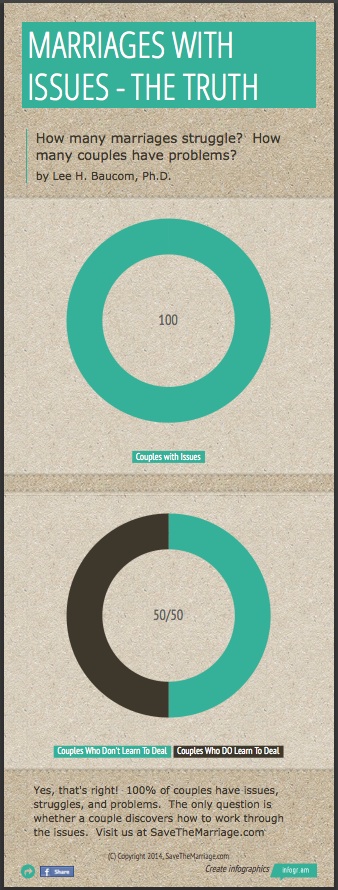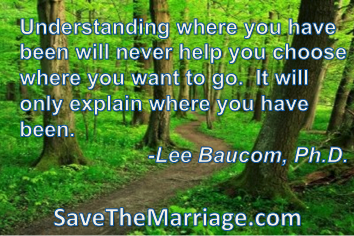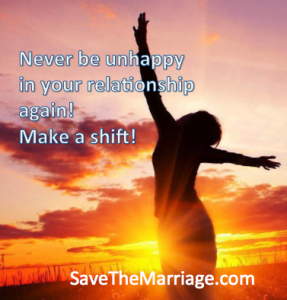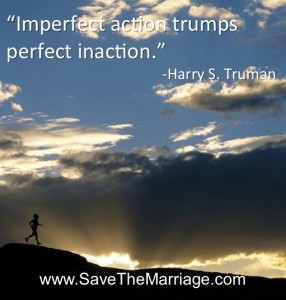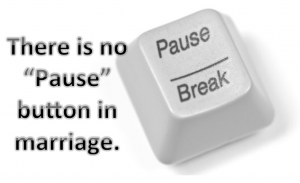The Science of Saving Your Marriage: #65 Save Your Marriage Podcast
https://savethemarriage.com/stmblog/wp-content/themes/corpus/images/empty/thumbnail.jpg 150 150 Lee H. Baucom, Ph.D. Lee H. Baucom, Ph.D. https://secure.gravatar.com/avatar/669b7e375d93f77521ddaba08adb8063?s=96&d=blank&r=pg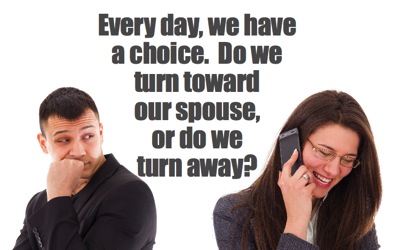 Sometimes, it all just seems like opinion. Lots of people with lots of opinion on what you should do to save your marriage.
Sometimes, it all just seems like opinion. Lots of people with lots of opinion on what you should do to save your marriage.
But what DOES science tell us about saving your relationship?
It turns out, LOTS.
Today, I want to cover one small piece of the puzzle. This is one piece of research you can IMMEDIATELY apply to your relationship.
Better yet, you can apply this researched response, regardless of what your spouse chooses to do (or not do).
This one piece of information was proven to be 94% accurate in predicting whether a couple stays together or divorces. That’s pretty strong evidence!
Listen, and start applying today!
If you are ready for even more help, all based on the most current science of relationships, email me at Lee@SaveTheMarriage.com and I will link you up!
*
Podcast: Play in new window | Download
Subscribe: RSS

